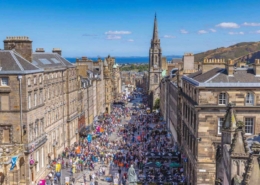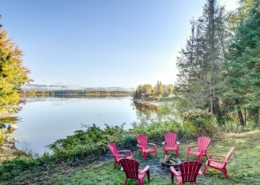Barcelona, Spain, has faced several legal issues related to short-term rentals, including those listed on platforms like Airbnb. Over the years, the city has experienced a surge in tourism, leading to an increase in the number of short-term rental listings. This has raised concerns about its impact on the local housing market, rising rent prices, and the preservation of traditional neighborhoods.
In response to these challenges, Barcelona has introduced strict regulations on short-term rentals to maintain a balance between tourism and the well-being of its residents. One of the key regulations implemented is the requirement for hosts to obtain a tourist rental license (HUTB) from the city council. This license is only granted for specific properties that meet certain criteria, such as being designated for touristic use and being located in certain zones designated by the city.
Another critical aspect of the regulations is the limitation on the number of nights a property can be rented out. In Barcelona, hosts can only rent out their property for a maximum of 120 days per year. Additionally, short-term rental platforms like Airbnb are required to share data about the listings with the city authorities to ensure compliance.
Barcelona has actively enforced these regulations, and penalties have been imposed on both hosts and platforms for non-compliance. Fines can range from thousands to tens of thousands of euros for unlicensed rentals or exceeding the allowed rental nights.
Moreover, the city has faced legal challenges from hotel associations and other stakeholders who argue that unregulated short-term rentals have an unfair advantage over traditional accommodation providers and can contribute to overtourism.
In response to these issues, some hosts have adapted their offerings to comply with the regulations, while others have faced challenges or decided to exit the short-term rental market altogether.
Overall, the legal issues surrounding Airbnb and short-term rentals in Barcelona illustrate the complex balance between tourism, housing availability, and the preservation of local communities. The city continues to grapple with finding sustainable solutions to manage the impact of short-term rentals while ensuring the well-being of its residents and the vibrancy of its neighborhoods. As regulations evolve, hosts and guests should stay informed and comply with the current rules to avoid legal complications during their stay in Barcelona.
Capitalizing on the Lucrative Barcelona Airbnb Market: An Investor’s Perspective.
Airbnb hosts can rent out entire properties, private or shared rooms.
- 12 923 – Airbnb listings in total
- 8 308 (64%) – entire properties
- 4 497 (35%) – private rooms
- 118 (1%) – shared rooms
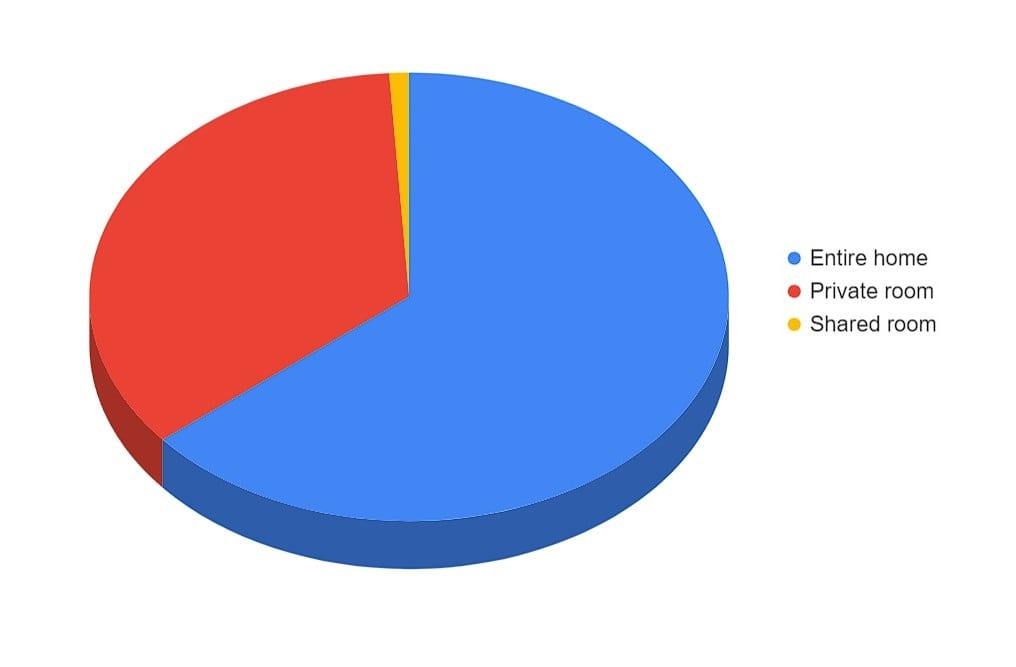
4 497 (35%) – private rooms
8 308 (64%) – entire properties
118 (1%) – shared rooms
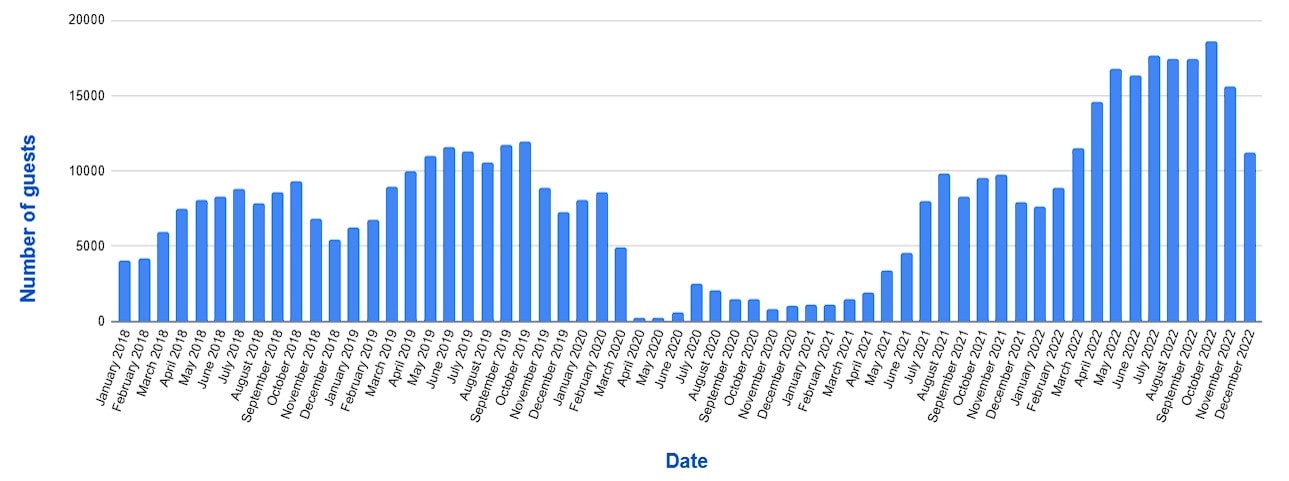
Airbnb guests may leave a review after their stay, and these can be used to estimate Airbnb guests activity. However not all guests leave a review, so the actual activity could be higher.
- $211 – average daily rate
- 83% – occupancy rate
- $4 203 – revenue.
When you assess the Airbnb market in Montreal, you’ll notice that there are some hosts who have multiple listings and some that have single listings, just like everywhere else in the world. Also, owners can list their property on 1 or more platforms.
- 78% – listed on Airbnb
- 5% – listed on Vrbo
- 17% – listed on both.
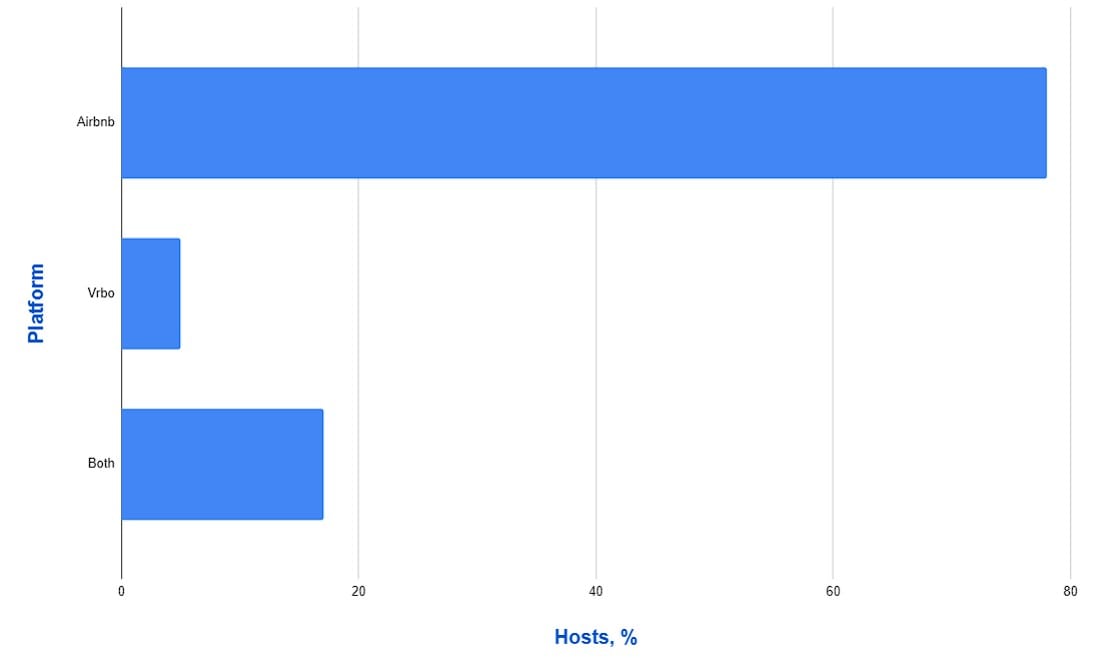
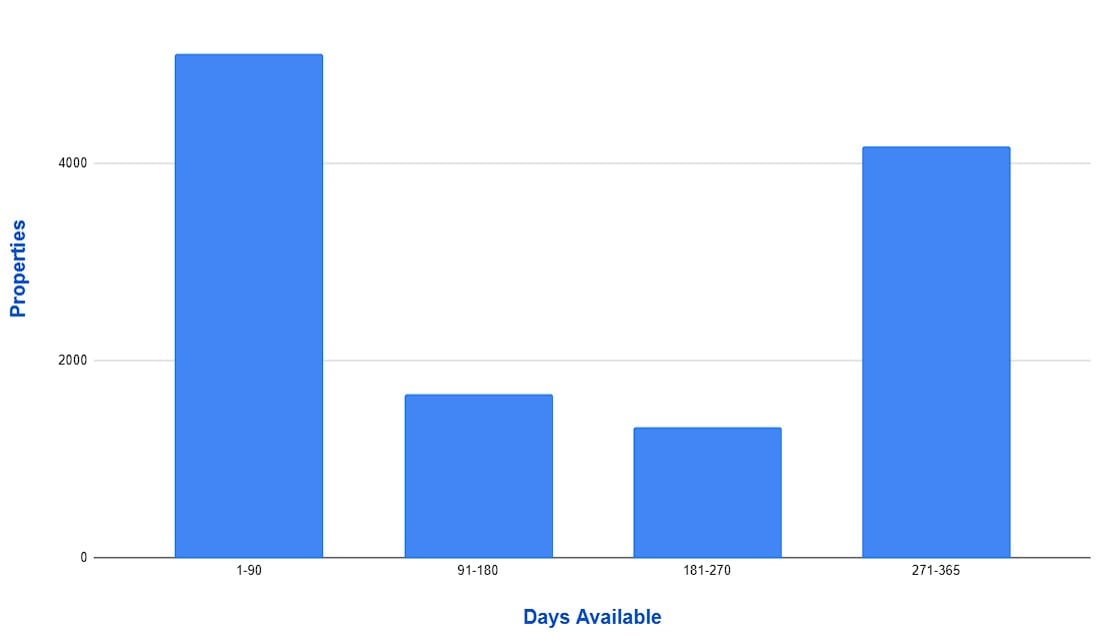
Airbnb hosts have full freedom when it comes to selecting how available their property or rooms are. For instance, by utilizing the calendar tool, a host can set their property to be available for just one week in a year. Alternatively, another example is a host setting their rooms to be available for 11-months out of the 12.
- Available
- 1-90
- 91-180
- 181-270
- 271-365
- Properties
- 5114
- 1658
- 1326
- 4177
- %
- 42
- 14
- 11
- 34



